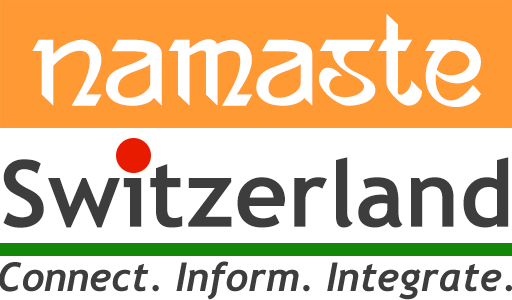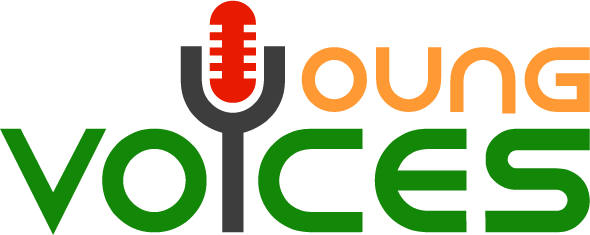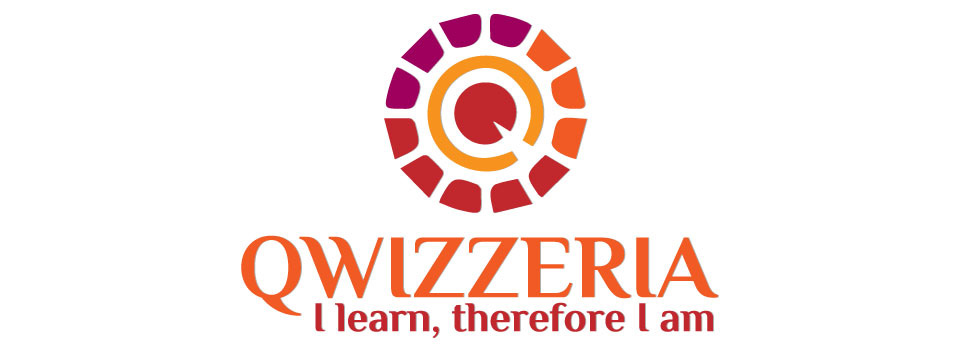Do you already have what it takes to succeed? Samvidha Srinath reviews ‘The Unfair Advantage’ by Ash Ali and Hasan Kubba – a book that talks about “how you’ve already got what it takes to succeed” and the MILES framework.
‘The Unfair Advantage’ revolves around the MILES framework designed by the authors of the book. MILES stands for Money, Intelligence/Insight, Education/Expertise and Status. The main import of this idea is that everyone has some talent, skill and/or resource that can’t be replicated easily by others.
Chalking out the basics of the framework, the authors go on to explain the following.
Money: it’s good to have, and it helps. The authors illustrate this with the example of Snapchat’s co-founder, Evan Spiegel, whose parents were connected to highly influential people. Evan attended extremely expensive private schools and his connections with tech entrepreneurs and investors helped him gain a competitive edge. To some – this would be labelled as ‘an unfair advantage’.
Intelligence and Insight: Intelligence differs in people. Some excel at emotional intelligence, others at language, still others may have fine-tuned musical intelligence, and so on. This, when used to its fullest, may also represent an ‘unfair advantage’ for those who do not have that particular type of intelligence. The authors mention two brothers, Patrick Collison and John Collison who founded ‘Stripe’, a payment solution company. While one developed his own programming language, the other with \ the highest grade on his high school leaving certificate landed an acceptance into Harvard before he even wrote his exams. Talk about different intelligence areas!
Location and Luck: It’s crucial to be in the right place at the right time. This brings you visibility and opportunity. While in a central location, the author advises you to meet more people, expose yourself to new experiences and publish your work. The more you do so, the more opportunities you will get.
Education and Expertise: While a degree from a prestigious university is an ‘unfair advantage’ as this of course may bring you a lot of new opportunities and networks; these days, people want to see what you’ve been doing apart from getting your main qualification. Expertise, interests, and voluntary involvement are becoming more important than a fancy degree. People want to see your set of skills.
Status: Status is basically the merit or the amount of influence you have in society. Elon Musk is considered to have a status so high that every company he starts is likely to be successful or at least famous. To explain the concept of status, Pierre Bourdieu, a well-known sociologist states that there are three kinds of capital: economic (financial resources at your disposal), cultural (education you receive) and social capital (the network you have and how these connections impact your career or the influence in society). And then there is your inner status- your mindset. You can develop confidence and soft skills, educate yourself and keep learning to increase your cultural capital and use this as your ‘unfair advantage’.
Review
This is a good read for those struggling to find their own innate set of skills. The MILES framework doesn’t ask questions but uses examples to explain the important aspects; expecting you to draw your own conclusions with positive and negative aspects. Personally, I’d have liked to see an instruction manual or at least a few key questions that help you determine your personal unfair advantage. The fact that the authors came up with such a framework and their own theories of success simply through the process of pure observation is impressive.
The authors have cast the things that are obvious and aspects we already know of in a new light, in a never seen before simpler and understandable way. I hope you enjoy this book and find your own unfair advantage.
References
Disclaimer: Opinions expressed belong solely to the content provider. Namaste Switzerland does not undertake any financial/reputational/legal/misrepresentational impact or other obligations/ liabilities that may arise from the content.












